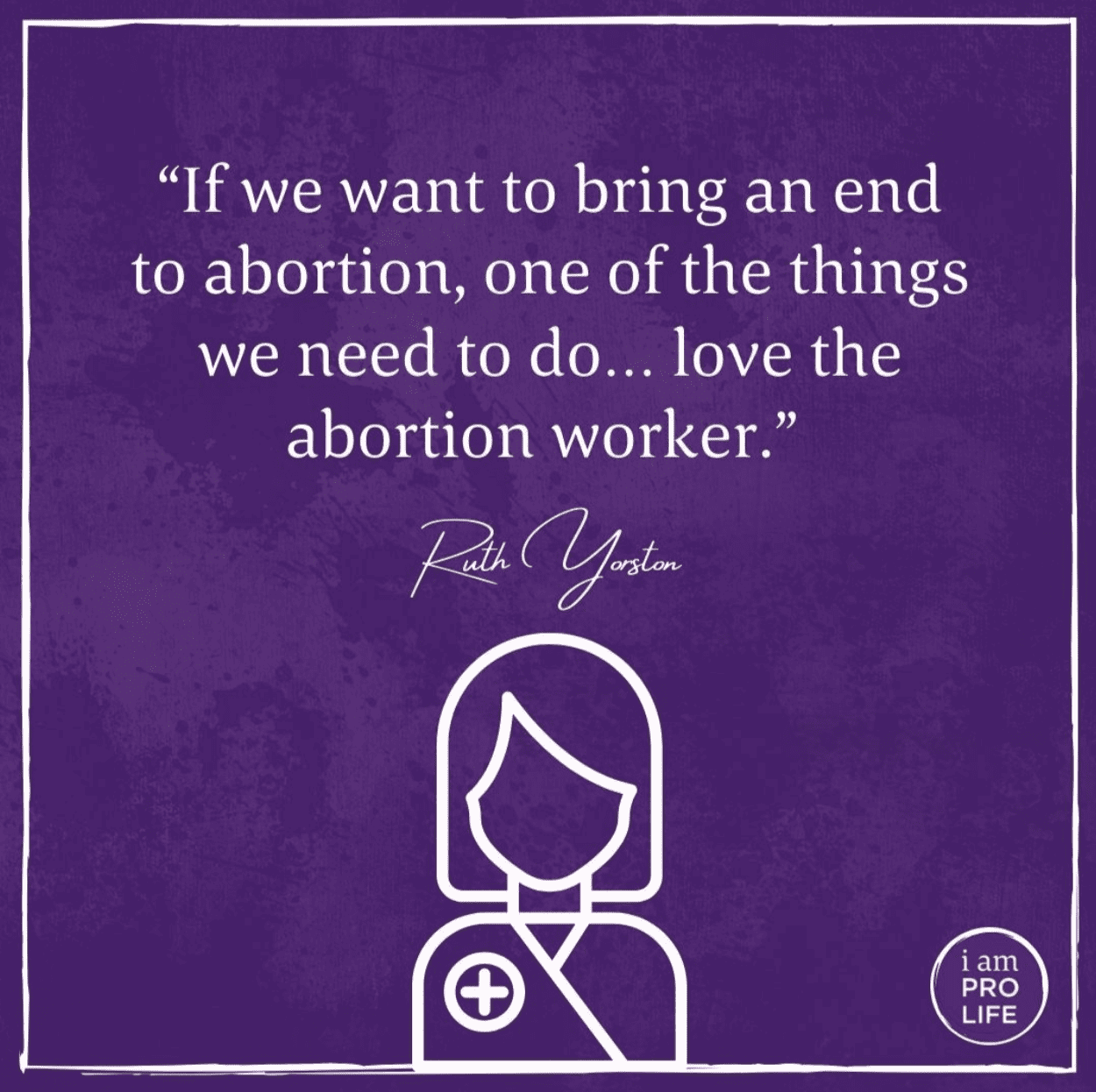

Women bear the costs of gestation, face the life-threatening dangers of childbirth and disproportionately bear responsibility for child care. When she does not want to keep the product of the pregnancy, she still has to suffer the effects during the whole period.”įorce people to “suffer the effects” of casual sex, and fewer people will pursue it.Īlso note that abortion restrictions do not increase the costs of sex equally. This attitude is perhaps best illustrated by a statement from Mariano Azuela, a justice who opposed abortion when it came before Mexico’s Supreme Court in 2008: “I feel that a woman in some way has to live with the phenomenon of becoming pregnant. Such hikes in the price of casual sex can deter people from having it. How can restricted sexual strategists achieve this? By making casual sex more costly.įor example, banning women’s access to safe and legal abortion essentially forces them to endure the costs of bearing a child. Halfpoint Images/Moment via Getty Images Benefiting from making sex more costlyĪccording to evolutionary social science, restricted sexual strategists benefit by imposing their strategic preferences on society – by curtailing other people’s sexual freedoms. Sexually restricted adults may feel that when casual sex has more potential consequences, it protects their own family relationships. Likewise, sexually restricted men tend to invest a lot in their children, so they benefit from prohibiting people’s sexual freedoms to preclude the high fitness costs of being cuckolded. So sexually restricted women benefit from impeding other people’s sexual freedoms. Other women’s sexual openness can destroy these women’s lives and livelihoods by breaking up the relationships they depend on. These choices are just as valid as a decision to wait, but they can also be detrimental to women’s occupational attainment and tend to leave women more economically dependent on husbands. Consider that sexually restricted women often get married young and have children early in life. The crux of this argument is that, for sexually restricted people, other people’s sexual freedoms represent threats. These sexual strategies conflict in ways that affect evolutionary fitness.
Im pro life and work for planned parenthood series#
In contrast, more “sexually unrestricted” people tend to pursue a series of different sexual partners and are often slower to settle down. More “sexually restricted” people tend to shun casual sex and instead invest heavily in long-term relationships and parenting children. The solution to this puzzle – and one answer to what is driving anti-abortion attitudes – lies in a conflict of sexual strategies: People vary in how opposed they are to casual sex.


So from this perspective, it is a mystery why people in Pensacola care so strongly about what goes on in the bedrooms of Philadelphia or the Planned Parenthoods of Los Angeles. What faraway strangers do presumably has limited impact on your own fitness. The evolutionary coin of the realm is fitness – getting more copies of your genes into the next generation.


 0 kommentar(er)
0 kommentar(er)
